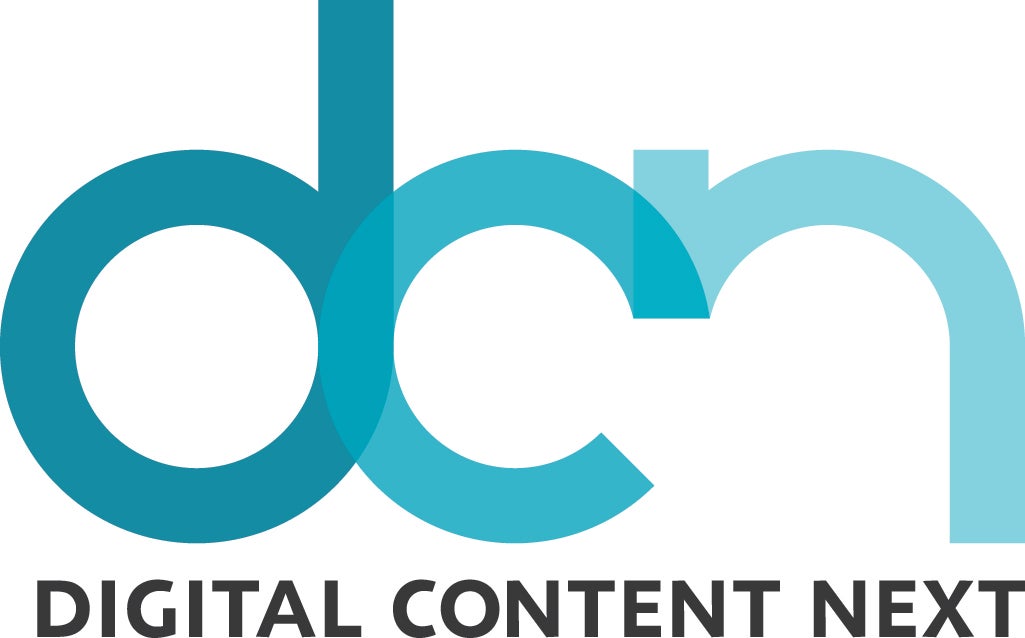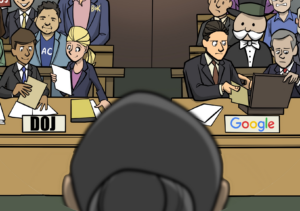Nothing new was shared during closing arguments in US v. Google on Monday in Alexandria, Virginia.
But there was much to deduce from the questions Judge Leonie Brinkema asked the DOJ and Google while they made their final cases as to whether Google operates an illegal monopoly (or monopolies) in the online advertising sector.
For example, Judge Brinkema now seems unconvinced by Google’s argument that Ohio v. Amex applies to this case, says Jason Kint, CEO of publisher trade organization Digital Content Next, on this week’s episode of AdExchanger Talks.
Kint was in the courtroom for the closing, sitting in the gallery and taking notes on paper. (No phones, laptops or recording devices were allowed inside.)
Amex is a 2018 Supreme Court decision that says courts must consider how a company’s conduct impacts both sides of a two-sided marketplace when doing antitrust analysis. Google’s attorney, Karen Dunn, spent a decent amount of time talking about it during her closing argument.
By focusing so heavily on the sell side, according to Google, the DOJ’s argument that Google has harmed publishers falls flat because it doesn’t acknowledge how behavior can affect everyone in a network, including, in this case, advertisers.
Judge Brinkema said the Amex comparison was “attractive” to her at first, but it became less so as the case progressed, a signal that Amex “probably wasn’t going to be a winning defense with her,” Kint says.
This revelation, he says, appeared rattle Dunn as she presented her final remarks.
Kint, for his part, says he didn’t hear anything during the closing that changed his mind; he’s convinced Google is on track to lose the case. But Judge Brinkema asked one question that gave him pause: Why didn’t the DOJ call any advertiser witnesses to represent the buy-side POV, only agencies?
But the DOJ’s answer made sense, he says, which is that agencies actually use Google’s tools on a daily basis and do most of the buying on behalf of large brands.
“And if you get the small marketers out there, they aren’t sophisticated enough, and they just buy what Google tells them to,” Kint says. “I don’t think it would have been that effective [to have brands testify], but it was an interesting question.”
Also in this episode: What would happen to publishers if Google actually wins this case (although Kint is highly skeptical of that outcome), noodling on potential remedies in the search antitrust case and the AMERICA Act’s prospects under the new administration. Plus: Kint’s first jobs as a teenager, including one that involved Velcro and hanging upside down.
For more articles featuring Jason Kint, click here.














